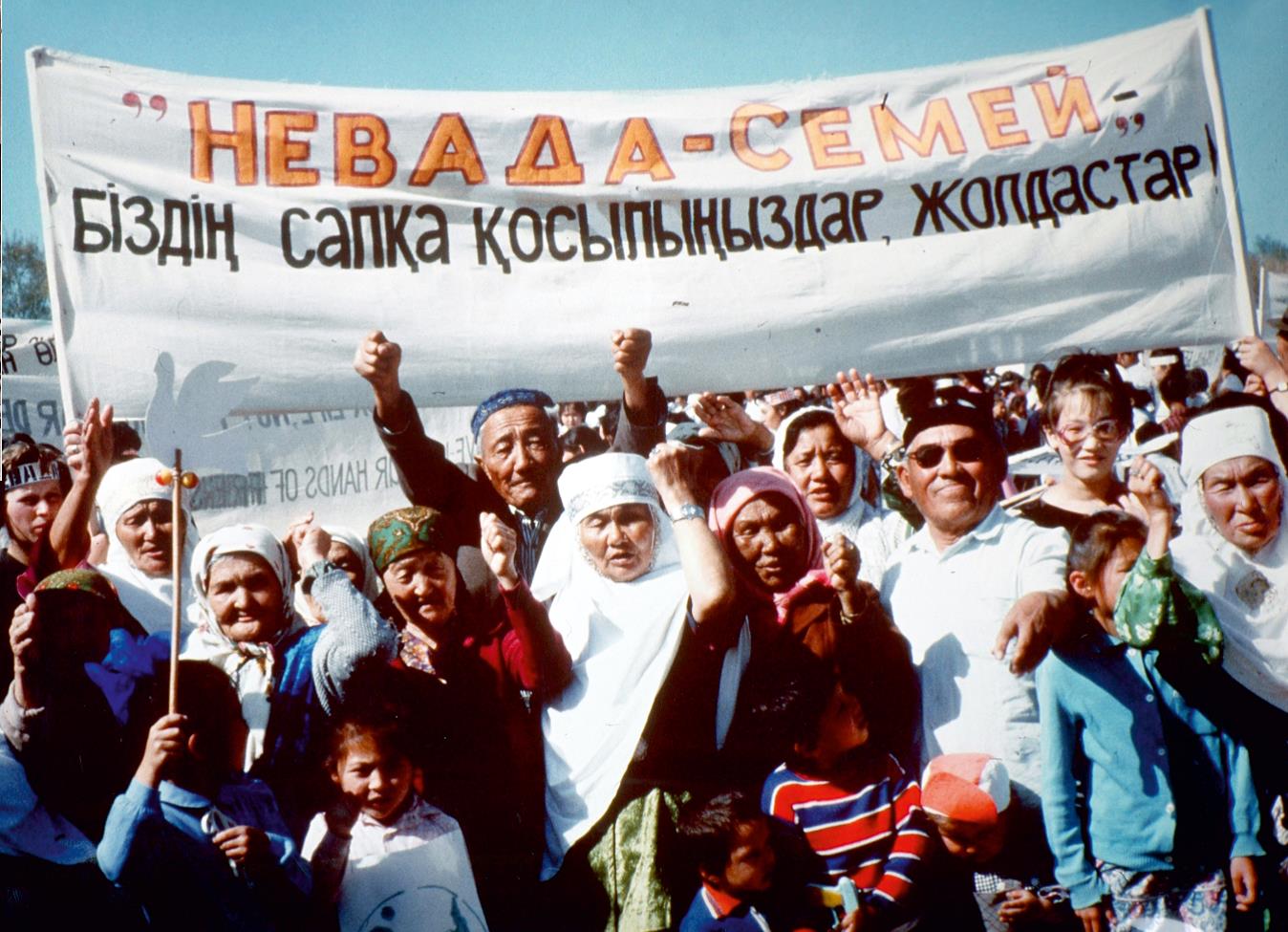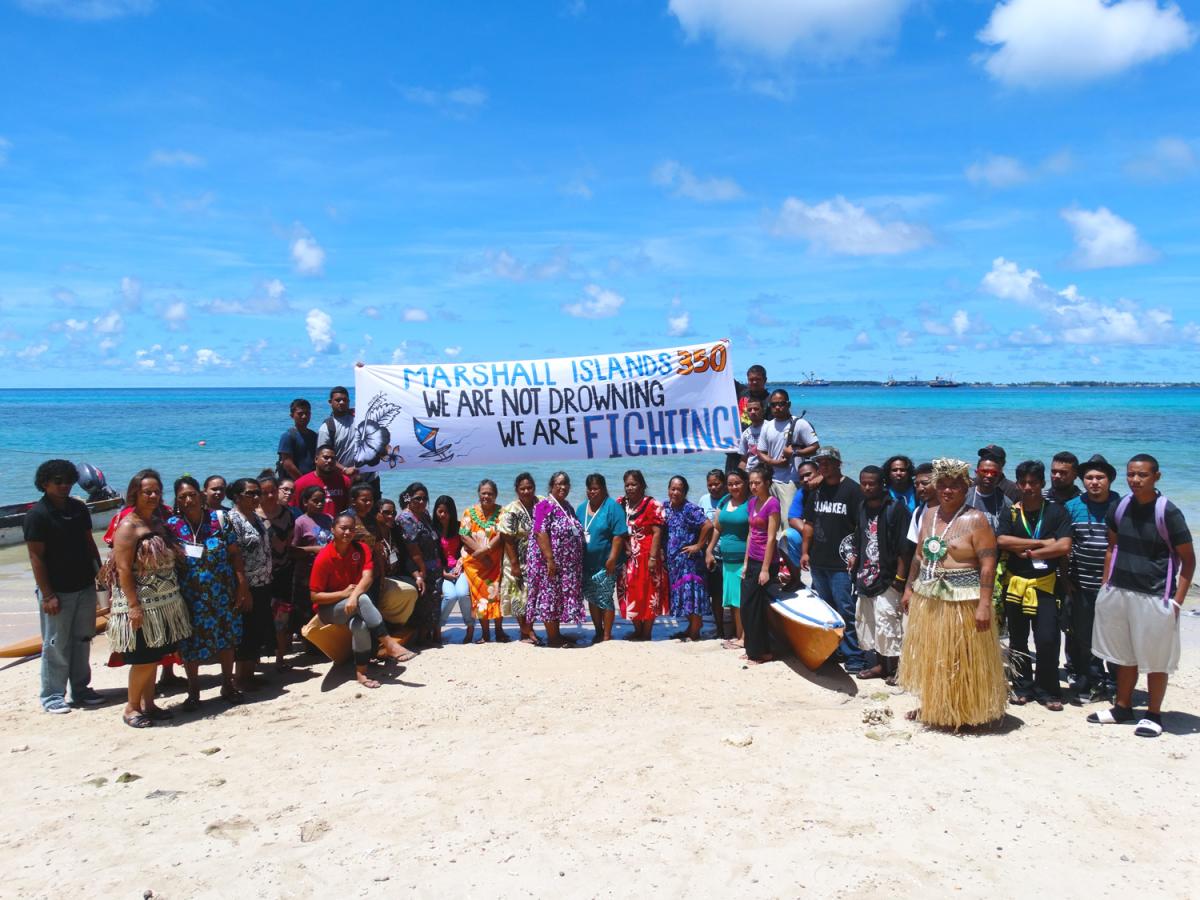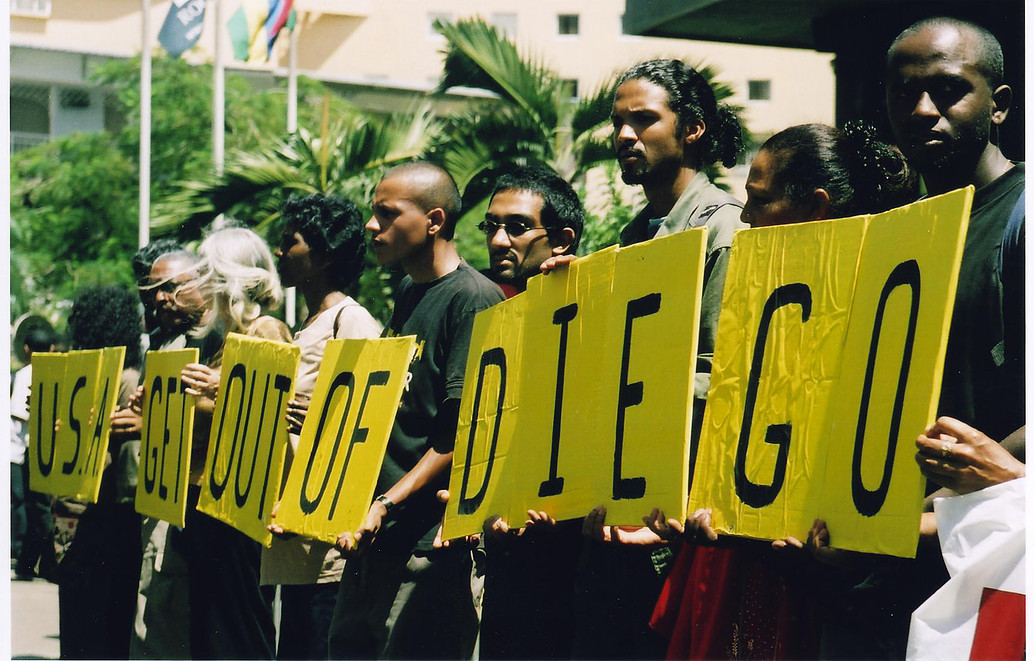‘Worst human rights crisis’ in Venezuela’s history
The Venezuelan government is responsible for the “worst human rights crisis in its history,” intentionally using lethal force against the most vulnerable in society, Amnesty International said as it published its latest research into violence and systematic abuses in the country. The report charges that the Venezuelan government is failing to protect its people amid alarming levels of insecurity in the country, instead implementing repressive and deadly measures. (Photo: WikiMedia Commons)






